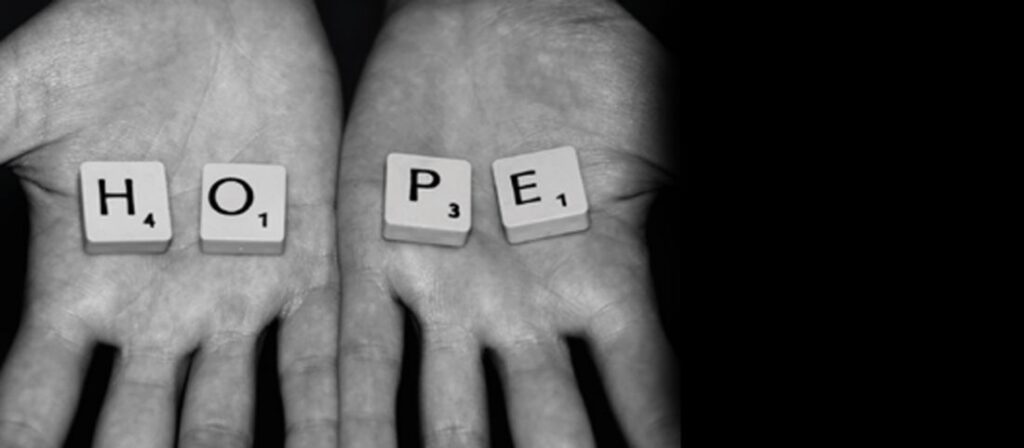Drug addictions are chronic and complex diseases that require comprehensive and intensive treatment. The type of drug involved and the extent of the addiction will determine the course of treatment. Treatment most times begins with detoxification i.e. using medicine to reduce withdrawal symptoms while drug leaves the body. Moreso, there are many Rehab Centers that provide different programmes to help patients recover, one of them is legacyhealing.com.
Furthermore, various types of behavioral therapy and counseling can also help treatment by helping deprogram some behaviors and situations that are related to drug use. The facilities provision of the Rehab center is also important in achieving a successful recovery for every addicted person irrespective of their age.

You might be surprised to hear that drug addiction is a disease, but it is the fact. It’s a disease that affects the brain and behaviour. This is because when you are addicted to drugs, you definitely can’t resist the urge to take the drug, no matter how harmful the drug may be.
When talking about drug addiction, it goes far beyond taking heroin, cocaine, or other illegal drugs. You can also get addicted to alcohol, nicotine, painkillers, sleep and anti-anxiety medications, and other related substances that are legal. Most times addiction starts when you may want to take a drug just because you like it and the way it makes you feel when you take it. However, you may think you can control the amount you could take or stop whenever you like, but over time, drugs change how your brain works. Thus, making you lose self-control and could lead to damaged behaviors.
Most common drug addiction is Alcohol and another fact is that people are fond of alcohol use disorder? And the good news is that they can use the following medications to reduce cravings and withdrawal symptoms:
Naltrexone: This forestalls the action of opioid receptors in the brain that produce fulfilling and euphoric effects when a person consumes alcohol and reduces the danger of relapse. While not effective for all individuals in recovery, it considerably affects abstinence in certain individuals.

Acamprosate, or Campral: This may reduce long haul withdrawal symptoms, including sleeplessness, tension, and an overall feeling of misery known as dysphoria. This has a more useful impact on individuals with severe drug-related and addictive disorders.
Disulfiram, or Antabuse: This is a drug that disrupts the breakdown of alcohol, prompting antagonistic effects including facial redness, feeling debilitated, and an unpredictable heartbeat should the person in recovery attempt to consume alcohol. It goes about as an impediment for individuals who have high motivation levels toward recovery.
Note that doctors and rehabilitation specialists may endorse other drugs to address other conceivable mental ailments, including discouragement and uneasiness that might be a cause or result of drug-related disorders. Also, Individuals in treatment programs ought to likewise receive testing for irresistible sicknesses that may have resulted from certain high-hazard situations associated with their addictive disorders, for example, HIV, hepatitis, and tuberculosis.



